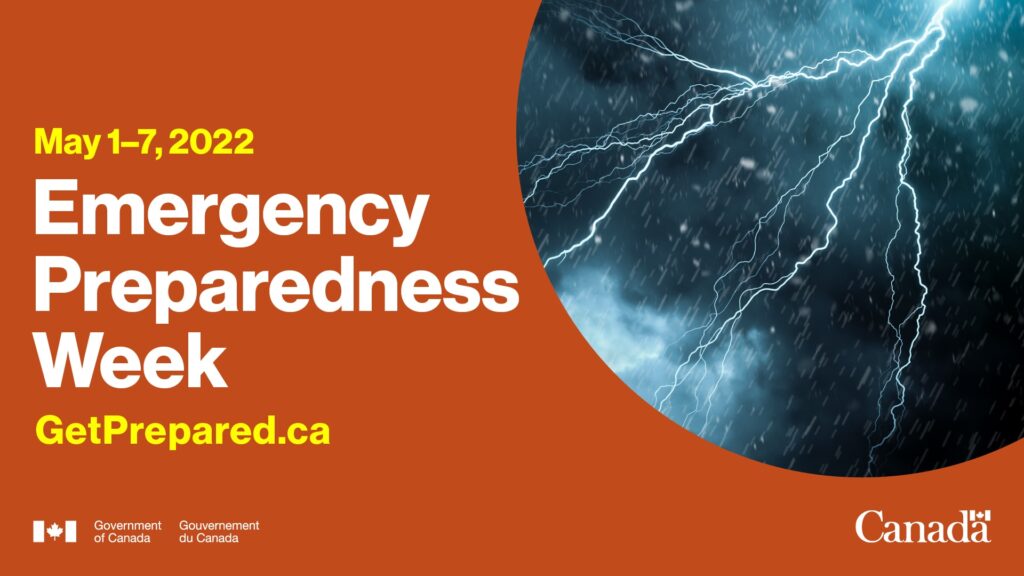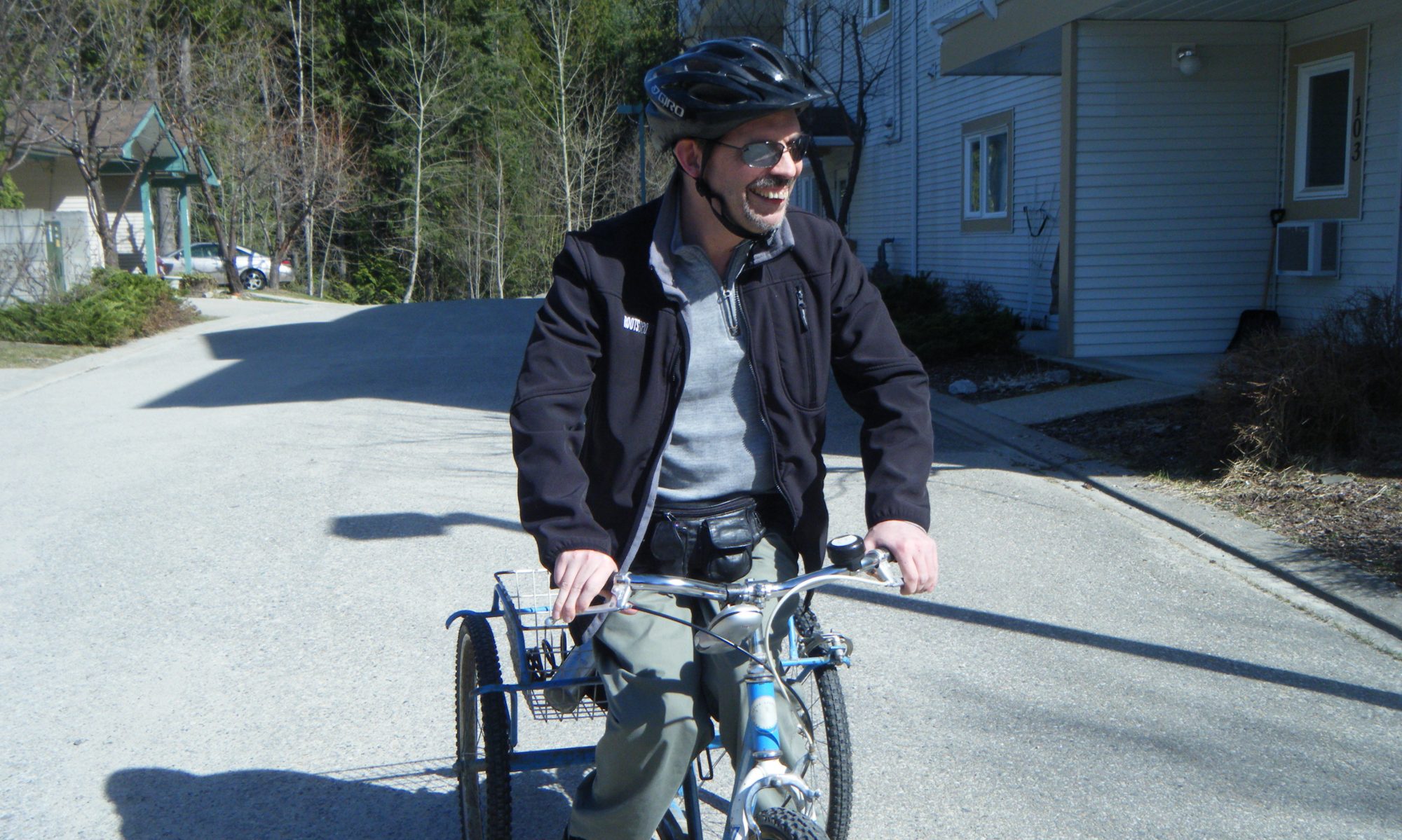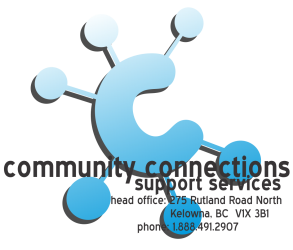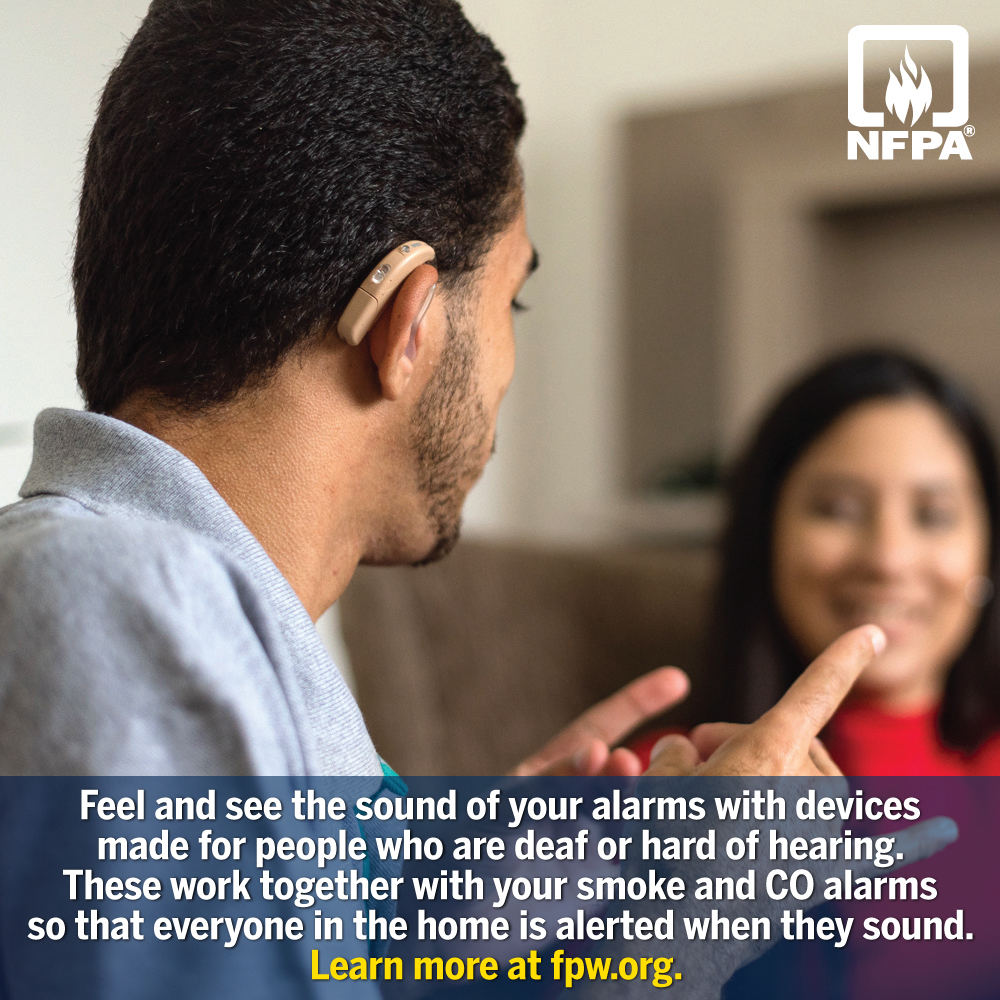Hey everyone, it’s Emergency Preparedness Week and we’re posting some great resources to help you stay prepared for emergencies!
This year’s campaign is all about being ready for anything — and you can share how you’re preparing (and help others in the process!) by participating in the Government of Canada social media campaign in support of Emergency Preparedness Week! Get creative, have fun, and get ready for anything:

Participate in our tag challenge or enter to win an emergency kit.
Be a positive influence within your networks by participating in our tag challenge. Show us your best emergency preparedness tip in a video or photo, and tag 3 or your friends or family and ask them to share their tip.
You can also win an emergency preparedness kit. Simply tell us how how you’re helping to make you and your family better prepared to cope during an emergency, and use the hashtag #ReadyforAnything.
It can be as simple as making an emergency kit with items found around your home, creating a family emergency plan, or becoming more informed about the hazards in your area. Get creative and post those messages, photos, or videos!
Don’t forget to use the hashtags #EPWeek2022 and #ReadyforAnything.
https://www.getprepared.gc.ca/cnt/rsrcs/ep-wk/index-en.aspx









